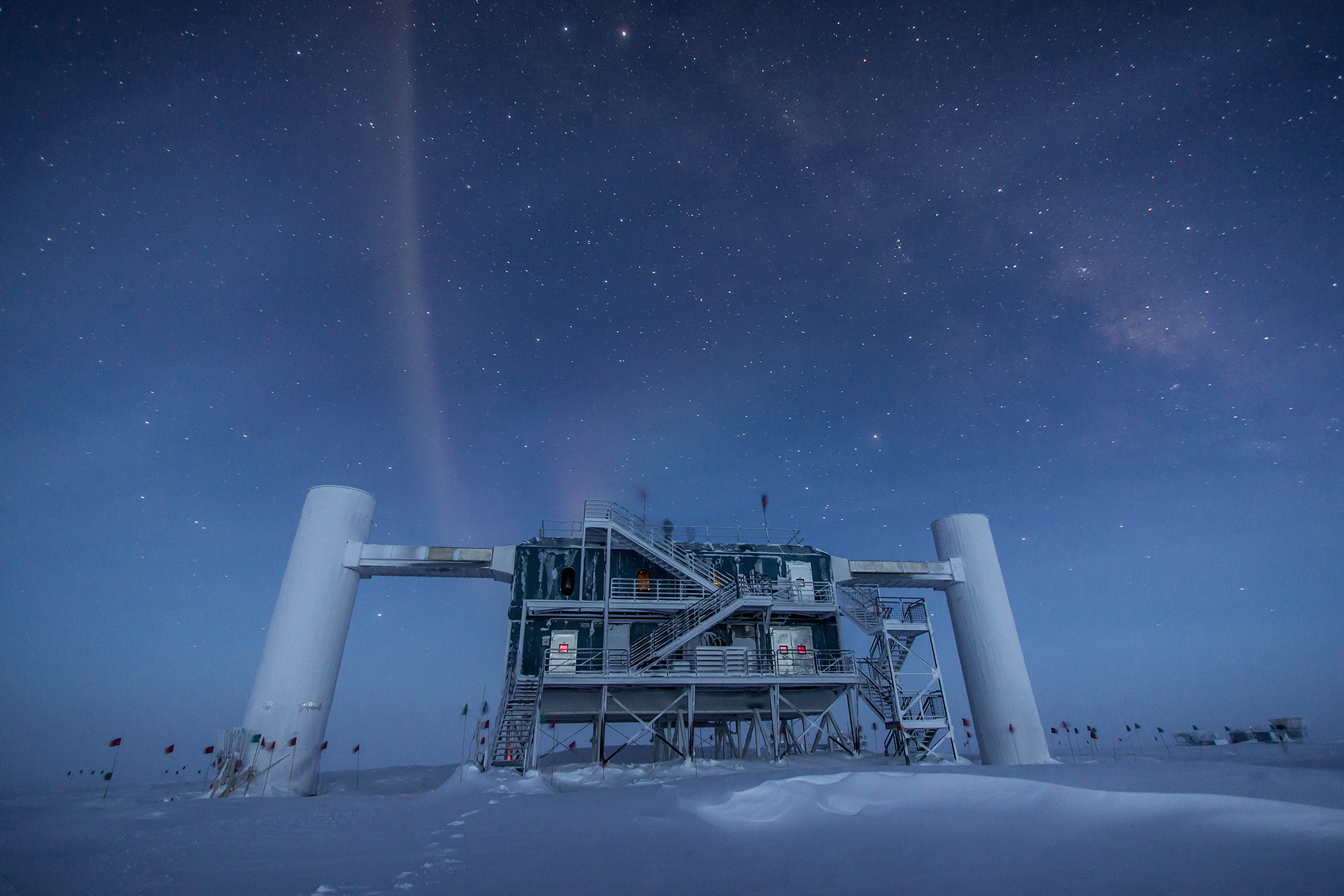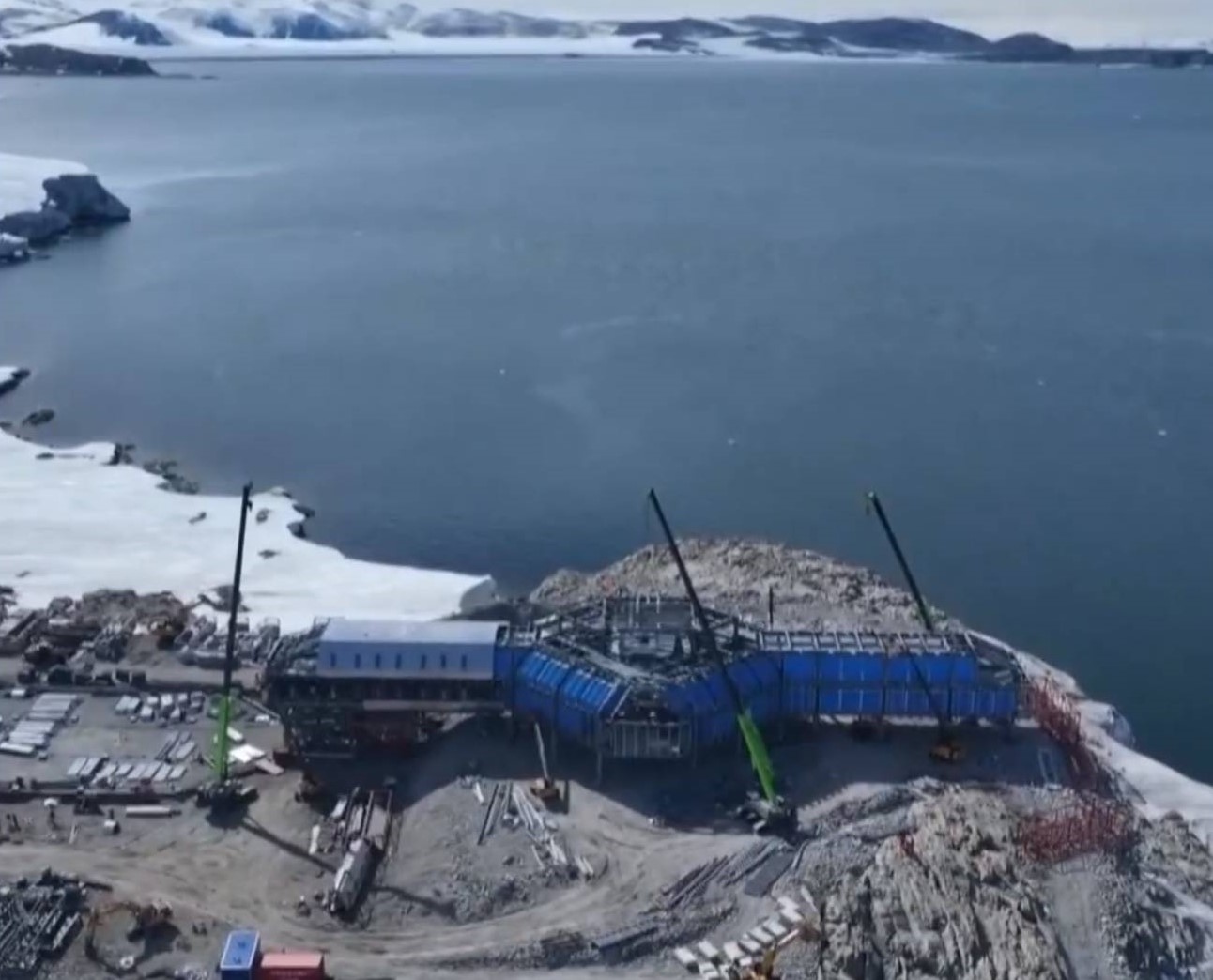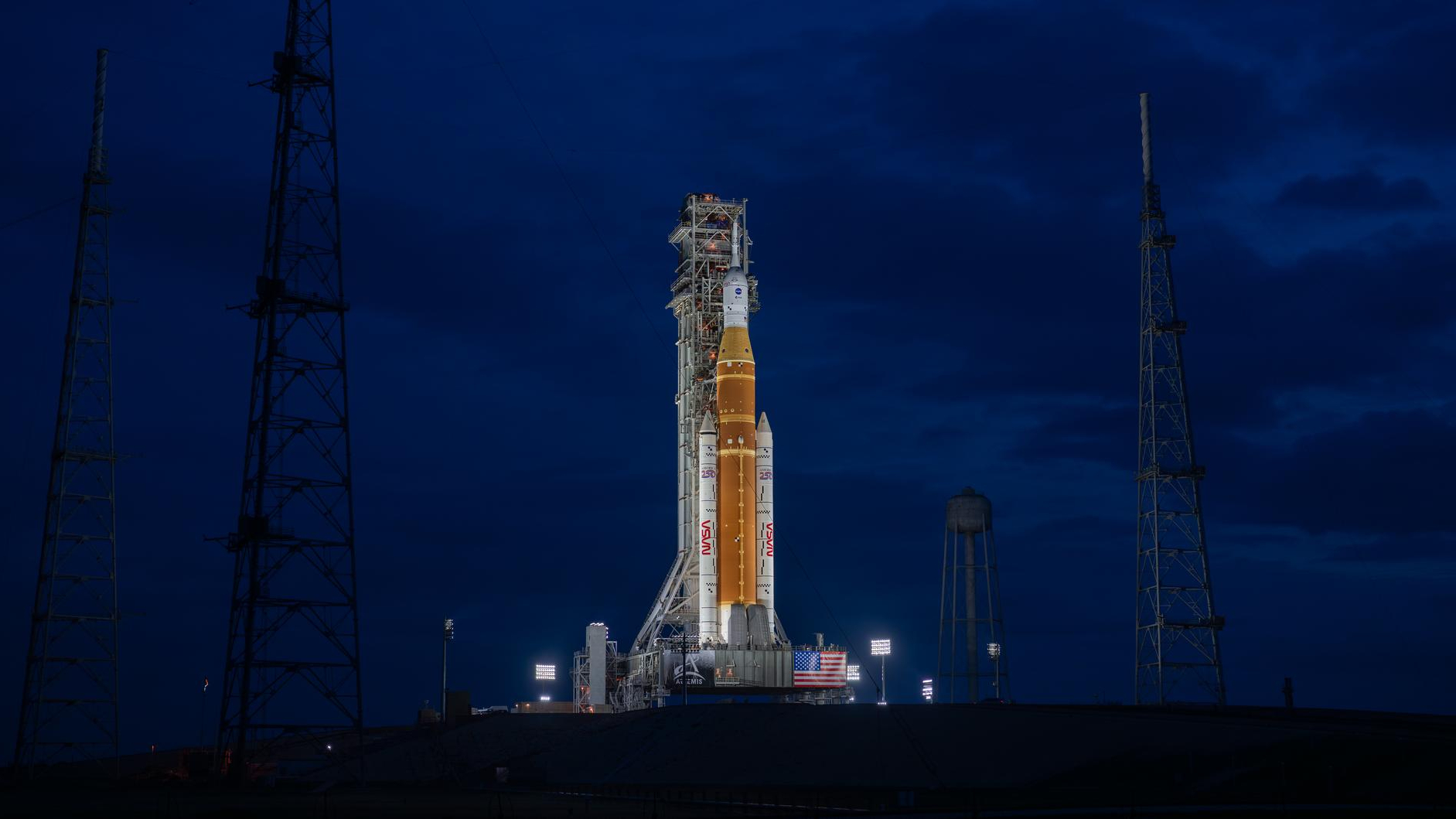
Can Antarctica serve as a model for international cooperation on the moon?
Antarctic research outposts might offer lessons on how best to cooperate in austere, remote environments.

Multiple nations are targeting the moon as an off-Earth destination for long-term human presence.
For NASA, getting a literal "leg-up" on the moon once again via its Artemis program is highly touted as the way to tromp and train for marching on to Mars. In many ways, such a future undertaking can be compared to Antarctica, home for many far-flung research stations. During summer months, roughly 5,000 people inhabit research outposts, a number that drops to approximately 1,000 in the winter.
Antarctica is governed by about 30 countries, all of which are parties of the 1959 Antarctic Treaty System.
Can that bleak, standoffish polar scenery serve as a template for working on the moon, or even offer lessons on how best to cooperate in austere, remote environments?
Related: Cooperation on the moon: Are the Artemis Accords enough?
White Mars
A roundup of Antarctic activities includes the French-Italian Concordia research station. Occupants are subjected to near-complete seclusion from the world, and under hostile conditions. Those climes are just ideal for the European Space Agency (ESA).
A multi-country organization, ESA has sponsored work at Concordia over the years. "Antarctic research at Concordia is helping humans adapt, mentally and physically, to a changing climate, a longer voyage in space, and eventually, life on another planet," notes ESA, giving it "analog" status and tagging the site as "White Mars."
Breaking space news, the latest updates on rocket launches, skywatching events and more!
There's also China's newly installed fifth scientific research station in Antarctica, the country's third all-year station in the region. It can accommodate up to 80 researchers, who will carry out atmospheric, oceanic, biological and ecological studies.
The new Chinese complex builds on the four other Antarctic research stations; Changcheng and Zhongshan are all-year stations, Taishan and Kunlun are summer stations.
As for its moon ambitions, China is already in deep space planning mode, with Russia seemingly tagging along, to deploy an International Lunar Research Station.
IceCube — a collaborative affair
Antarctica-situated science gear does pretty heady work, like spotting neutrinos — a fundamental but tricky to pin down particle.
Jim Madsen is the director of the Wisconsin IceCube Particle Astrophysics Center, or WIPAC. They operate the IceCube Neutrino Observatory - the first detector of its kind - designed to observe the cosmos from deep within the South Pole ice.
An international group of IceCube researchers perform scientific work using the facility, a collaborative affair.
"The international treaty guiding activities in Antarctica can serve as a model for establishing a sustainable, successful international lunar base," Madsen told Space.com. Getting consensus on the range of possible projects, and then getting buy-in with real resources, helps ensure all partners stay committed, he said.
"Moving from exploration to a year round base to a platform for discovery was the path taken at the South Pole," said Madsen. "It is exciting to see similar progress in space."
Geostrategic maneuvering
But for those countries looking to establish a long-term presence on the moon, there may be factors on that foreboding celestial real-estate that are similarly reflected in Antarctica.
That's the perspective offered by Marigold Black, lead author of the RAND Corporation report "Antarctica at Risk: Geostrategic Maneuvering and the Future of the Antarctic Treaty System." The report was done as an output from a RAND think-tank project with Black moving on to her own venture, co-directing Norfolk. It provides high-level research and strategic advice to public and private sectors within Australia and the region.
"In the first instance, development of basing structures on the moon will likely generate, as in Antarctica, tensions over what it means to control territory, what activities are permitted on and around the bases, and what sovereignty means on such an alien landscape," Black told Space.com
Black said that one of the most prominent issues to develop around bases in Antarctica, and which is likely to translate to the lunar experience, "is the extension of the definitions of the terms 'scientific research' and 'peaceful purposes' in the context of activities undertaken there.
Particularly important to watch in moving forward on the moon, is how will countries conduct themselves?
It's a domain where there is an immature system of governance and regulation, Black said, and where norm-development itself remains undeveloped.
"In the case of Antarctica, extreme conditions and geographical remoteness naturally inhibit the extent of human activities," said Black. "And these limitations also apply to the moon, and in a profound sense."
Race to the bottom
Black highlighted one finding of the RAND study, and from an associated table-top exercise.
"Despite the altruistic origins and spirit of the Antarctic Treaty System," Black pointed out, "we found that participants representing the various States were readily given to move in their own self-interest once someone else moved."
It was a race of sorts "to avoid any actual or perceived advantages that may be gained by the norm-breaching first mover," said Black.
Indeed, perceived weakness in the governance regime, including lack of enforcement mechanisms, could result in a "race to the bottom," Black senses, in terms of exploitative, environmentally-damaging, and militaristic behaviors.
"The reality is, there is little in place in Antarctica to stop this from occurring, and arguably far less on the moon," Black said.

Leonard David is an award-winning space journalist who has been reporting on space activities for more than 50 years. Currently writing as Space.com's Space Insider Columnist among his other projects, Leonard has authored numerous books on space exploration, Mars missions and more, with his latest being "Moon Rush: The New Space Race" published in 2019 by National Geographic. He also wrote "Mars: Our Future on the Red Planet" released in 2016 by National Geographic. Leonard has served as a correspondent for SpaceNews, Scientific American and Aerospace America for the AIAA. He has received many awards, including the first Ordway Award for Sustained Excellence in Spaceflight History in 2015 at the AAS Wernher von Braun Memorial Symposium. You can find out Leonard's latest project at his website and on Twitter.



